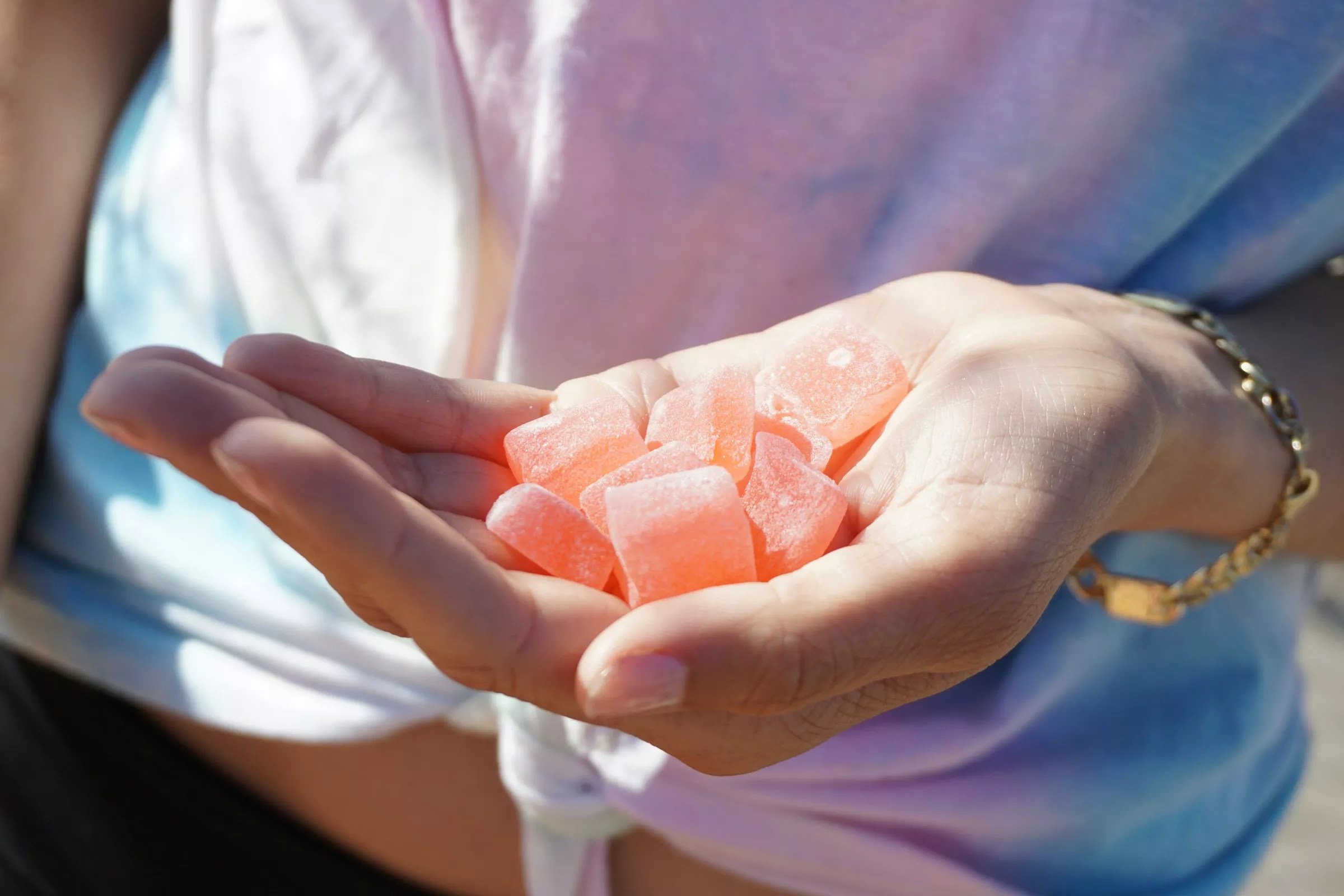
Elsa Olofsson/CBD Oracle

Audio By Carbonatix
The Colorado Attorney General’s Office has settled a lawsuit against Greeley cannabis company CBDDY and its owner, Christopher Eoff, for allegedly selling high-THC products that were marketed as hemp. According to the AG’s office, Eoff is now permanently banned from operating “any cannabis businesses or any other businesses in related industries in the state.”
State prosecutors originally sued Eoff and Gee Distributors LLC, which did business as CBDDY, in June 2024, accusing the company of selling THC edibles, flower and concentrate that were comparable to goods in licensed marijuana dispensaries but marketed as non-intoxicating products infused with CBD and hemp.
The AG’s lawsuit detailed “multiple undercover purchases” in 2023 and 2024 that state investigators made from CBDDY.com, with some products allegedly containing 35 times the legal limit of THC in hemp products, which is 0.3 percent. The Greeley company was also accused of false advertising of products, misleading health claims, inadequate age verification, lack of proper licensing, and forging or altering certificates of analysis (COAs) for at least five different products.
“Colorado’s cannabis regulations set a high standard for protecting consumers and keeping THC out of the hands of kids, and I sued the defendant in this case after he recklessly violated the law,” Colorado Attorney General Phil Weiser says in an announcement of the settlement. “I will continue to hold accountable those who evade Colorado’s cannabis laws.”
Through his attorney, Eoff vehemently denied the allegations last summer, arguing that the state lab used by state investigators wasn’t capable of differentiating various isomers of THC.
“We are committed to maintaining the highest standards of integrity and transparency in our operations. CBDDY will continue to cooperate fully with the authorities to resolve these allegations and demonstrate our compliance with all applicable laws and regulations,” Eoff said at the time.
According to the AG’s office, the settlement bars Eoff from owning a cannabis or cannabis-related business in Colorado, but there’s no mention of his ability to own or run a cannabis company in other states. Although the CBDDY website was up and running shortly after the AG filed the lawsuit, the website is no longer active.
The lawsuit was filed in civil court, and no criminal charges have been filed at the state level against Eoff.
The AG originally fined Eoff $820,000 as part of the disciplinary proceedings, but the fine was suspended after Eoff filed for Chapter 7 bankruptcy in the Eastern District of Arkansas. If Eoff violates the terms of the settlement or the state determines he misrepresented his finances, however, the fine will be reinstated.
Hemp’s federal legalization in 2018 created a national market for hemp-derived products with modified, synthetic and natural forms of THC. Many of these products are available for purchase online, and even bolder businesses sell products at the retail level.
Federal court decisions have upheld intoxicating hemp sales in the past, but federal and state law enforcement have raided hemp stores and other retailers for selling unlicensed THC products across the country, and restrictions have already been implemented within Colorado. One such restriction, a 2023 law banning the sale of hemp products with a certain amount of THC, allows companies to produce intoxicating hemp products in Colorado – but only if they’re shipped to and sold in other states.
Even the AG’s lawsuit against CBDDY admitted that intoxicating hemp products exist in a “backdrop of a complex legal and regulatory framework.”